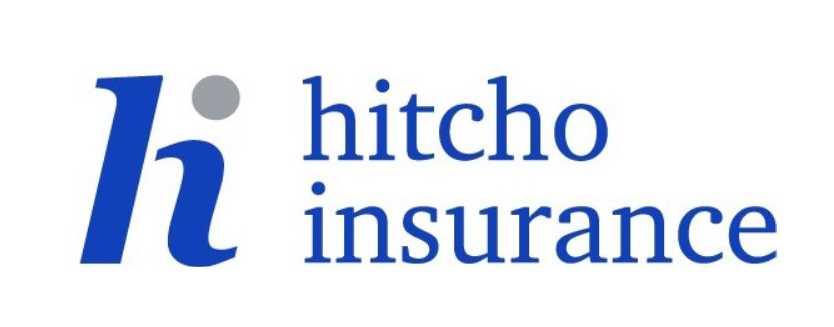Medicare Part D, otherwise known as prescription drug coverage, is a health insurance plan provided by the federal government. It covers all the standard medications certified by Medicare, including those not covered by Medicare part A and B.
Although the federal government pays for 75% of your medications, you will be required to pay premiums, deductibles, and copays.
If you are eligible for Part A or B, you are automatically eligible for Part D. You are also eligible for Part D if you are below the age of 20 with End-Stage Renal Disease and have at least one parent that receives Social Security benefits. Keep in mind that registration for Part D is not compulsory or automatic. If you don’t enroll during the enrollment period, you will have to pay an additional fee for late registration.
What does Medicare Part D cover?
Medicare part D covers the basic medical prescription drugs that have been approved for use by Medicare. There are several plans to choose from, and they all vary in coverage and rate. You must select the plan that is most suitable for your medical needs.
Each Part D plan has a list of drugs that it covers. However, a majority of the plans cover vaccinations without a copay. All the medications you are using must be covered by the Medicare plan you want to choose. Otherwise, you may not be completely satisfied with the plan. This is very important for those who take special or brand- name prescription drugs.
If your health care provider prescribes a drug that is not covered or listed in your plan, he or she must explain why that medication is important. Medicare will also require a letter from the insurance company to explain the reason and importance of the required medication. It is not guaranteed that Medicare will allow the prescription as these cases are not decided collectively.
All Part D plans must cover the following classes of medications:
- Antidepressant drugs
- HIV/AIDS drugs
- Antipsychotic drugs
- Anticancer drugs
- Anticonvulsive drugs for seizures
- Immunosuppressant drugs
There are cases when a Part D plan will change their list of covered medications or rates. They include:
- The price of generic medication may change if it becomes accessible
- A new medication becomes available, or new research is carried out concerning the medication
What drugs are not covered by Medicare Part D
In addition to vitamins, weight loss medications, supplements, over-the-counter drugs, and cosmetic medications, here are the prescription drugs that are not covered by Part D:
- Fertility drugs
- Medications for erectile dysfunction
- Prescription drugs for hair growth or cosmetic use
- Prescription drugs for eating disorders, weight loss or anorexia if they are not included in the diagnosis or treatment plan
- Prescription drugs for cold or cough that are not part of the diagnosis
Importance of Medicare Part D
The cost of medications increases every day, and enrolling in a health insurance plan that covers your medicine can save you a lot of money. With a prescription drug plan, you will not have to spend as much money on drugs and other healthcare services. You can also choose from various plans that each covers a wide range of common medications.
At Hitcho Insurance, we work with you to find the best Medicare policy that suits your needs, your goals, and your finances. If you’re wondering which Medicare Prescription Drug Plan is right for you, then give us a call today at (610) 694-9435 and receive a free consultation.





